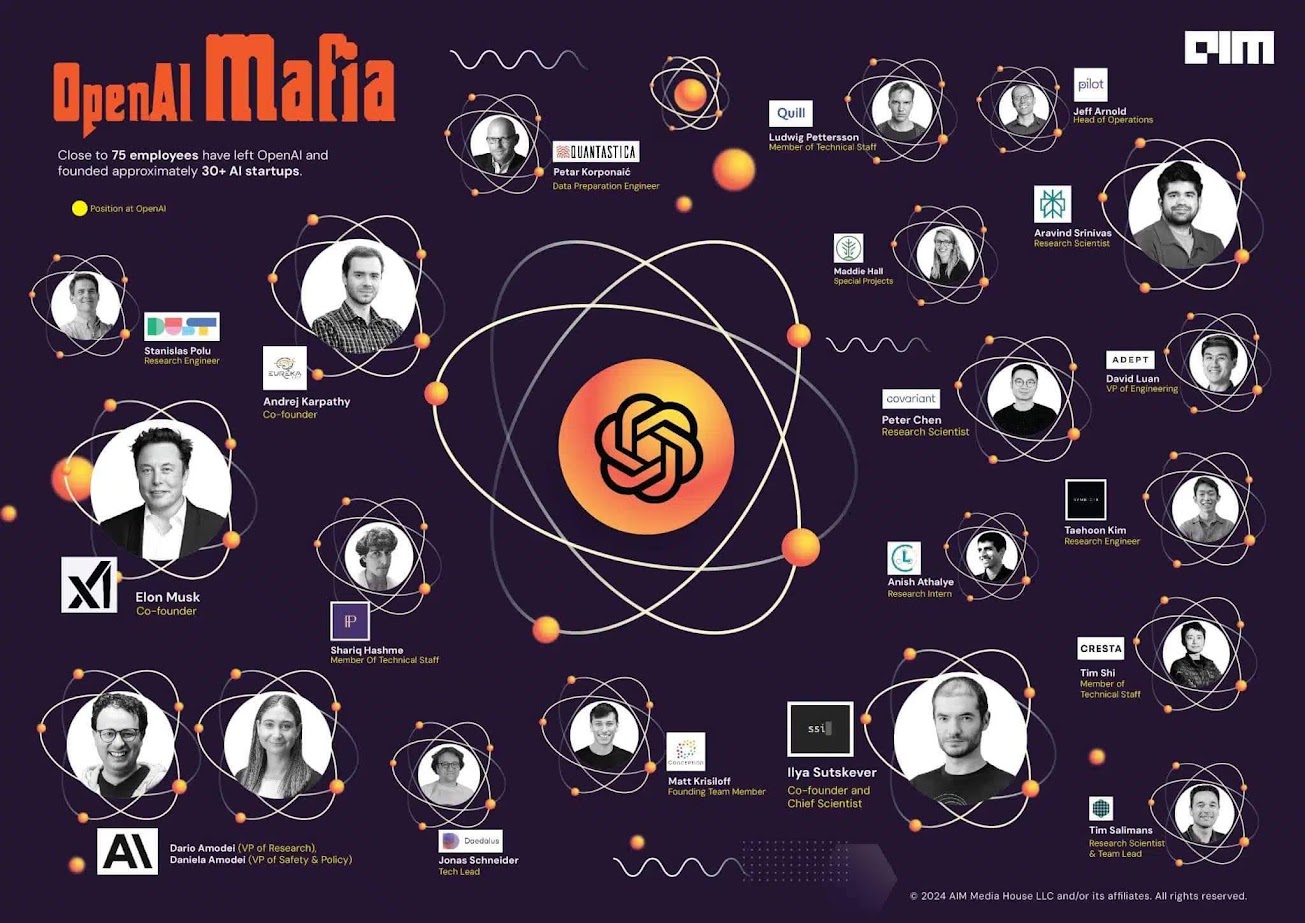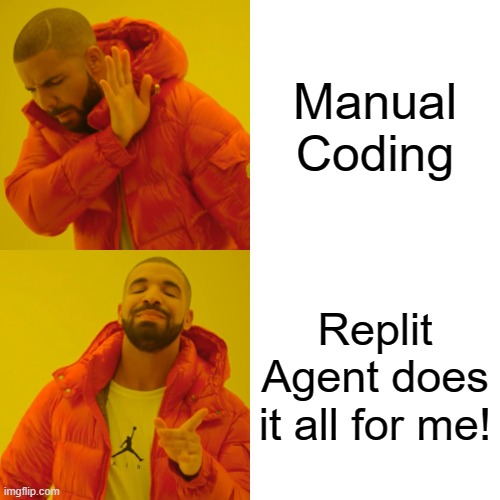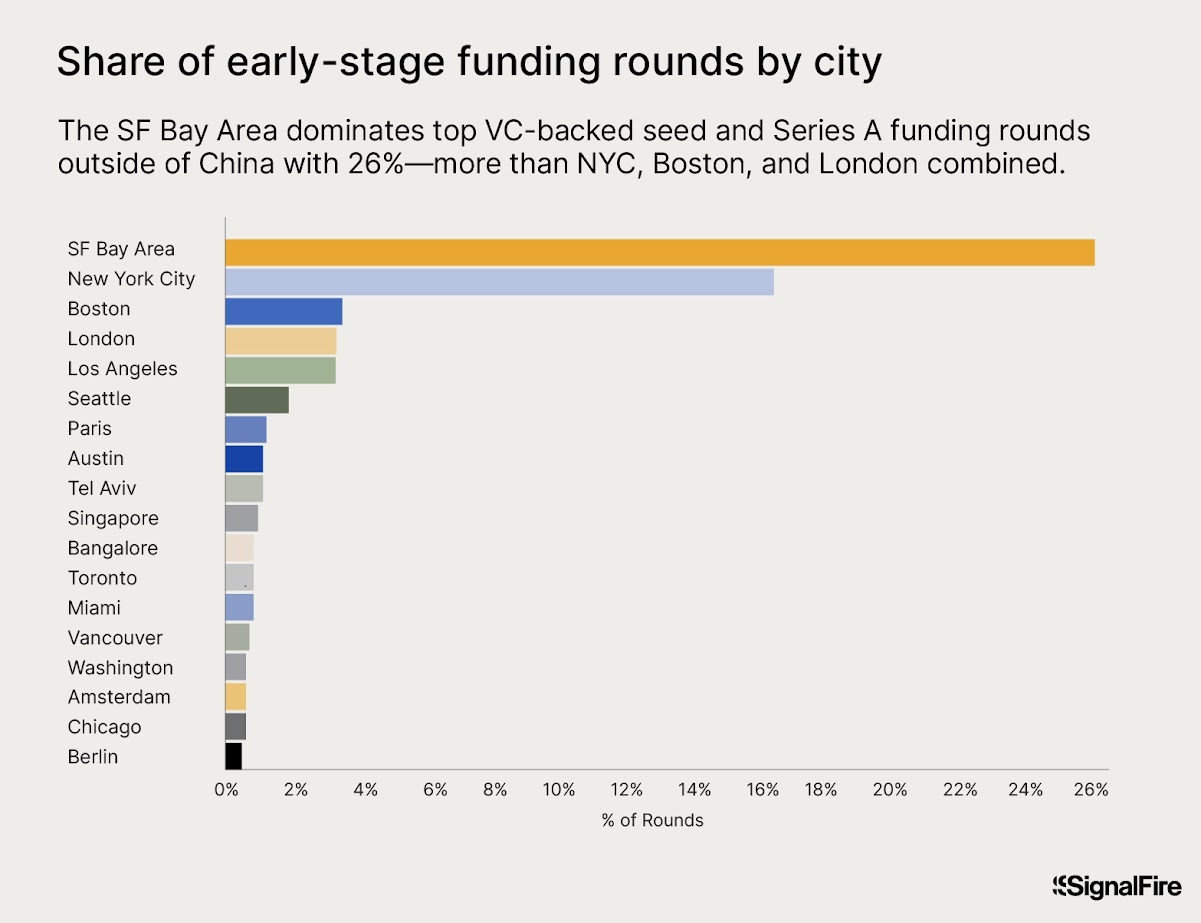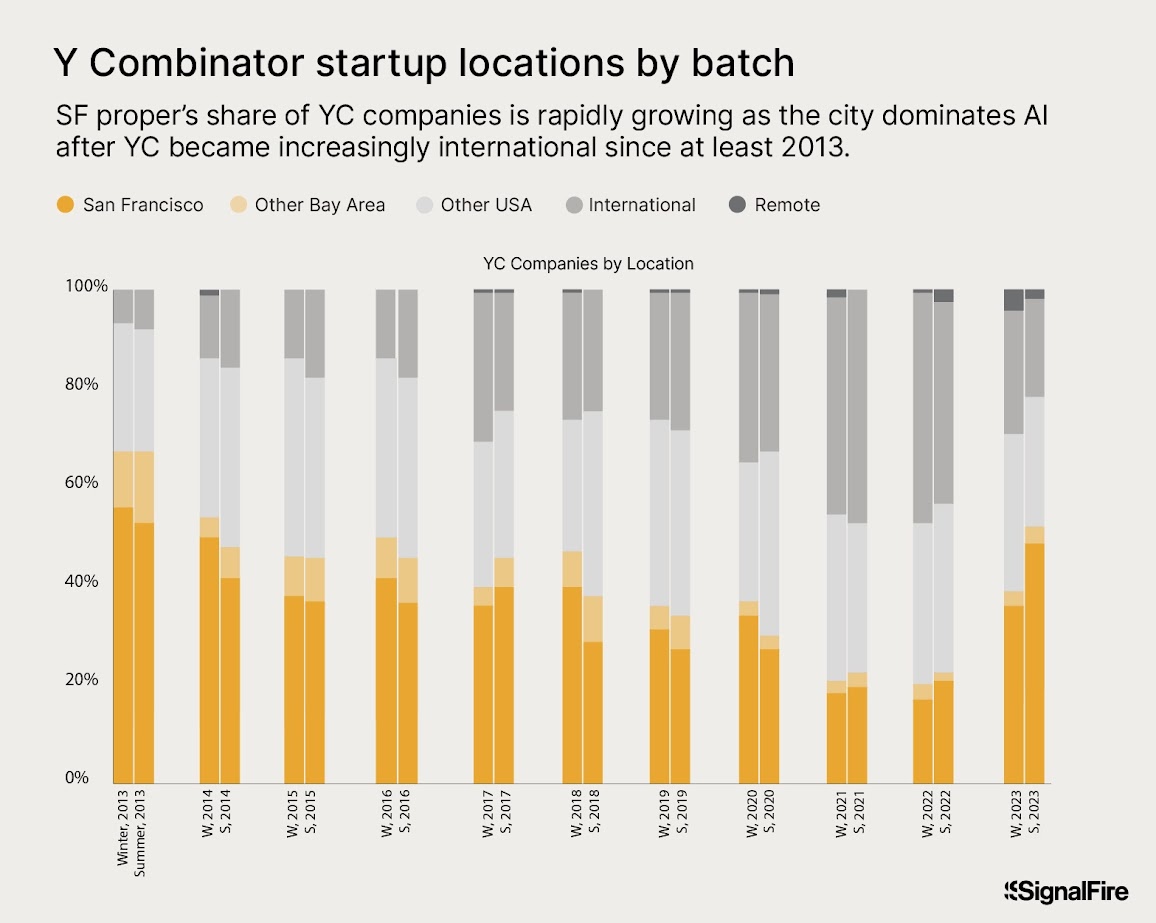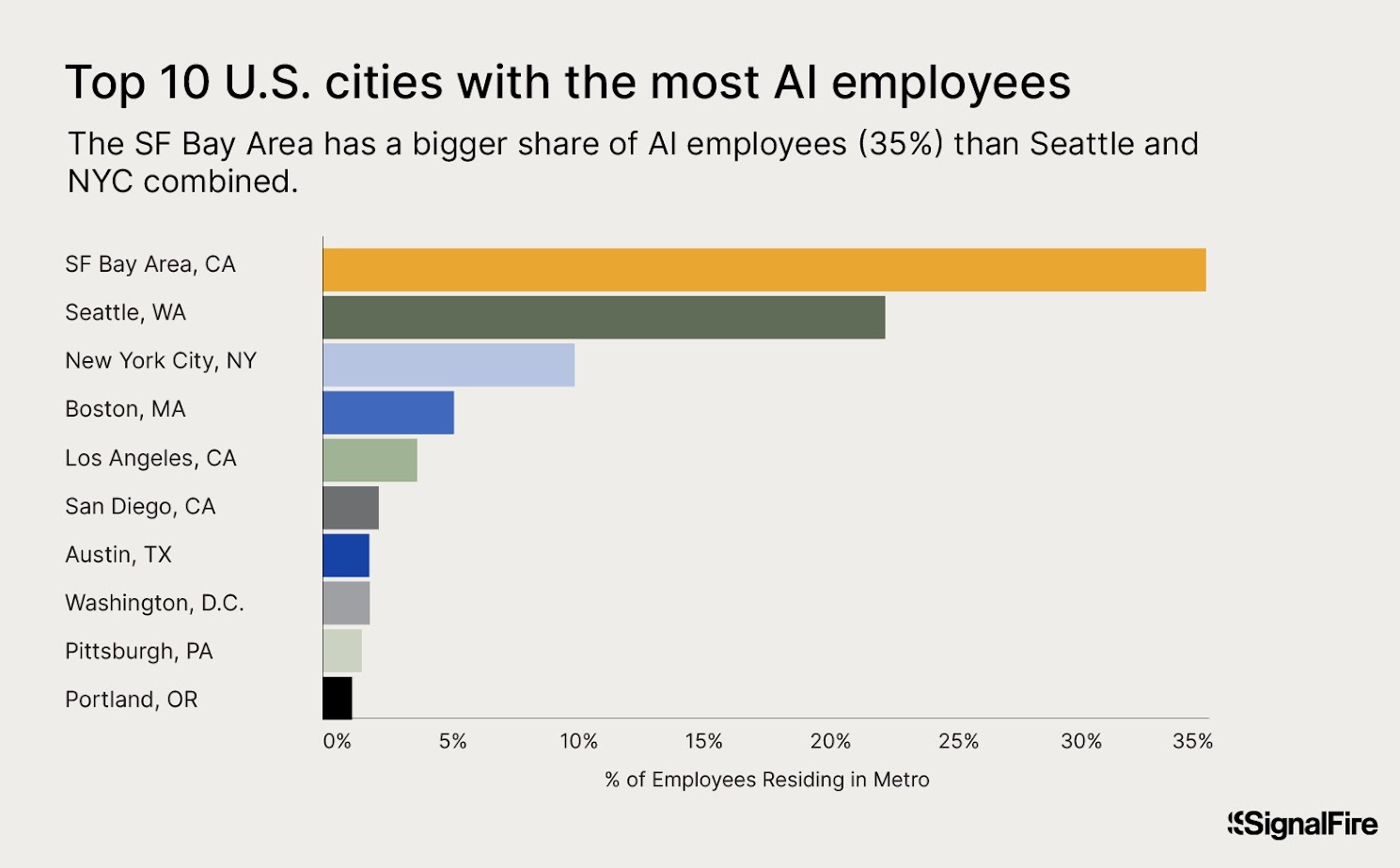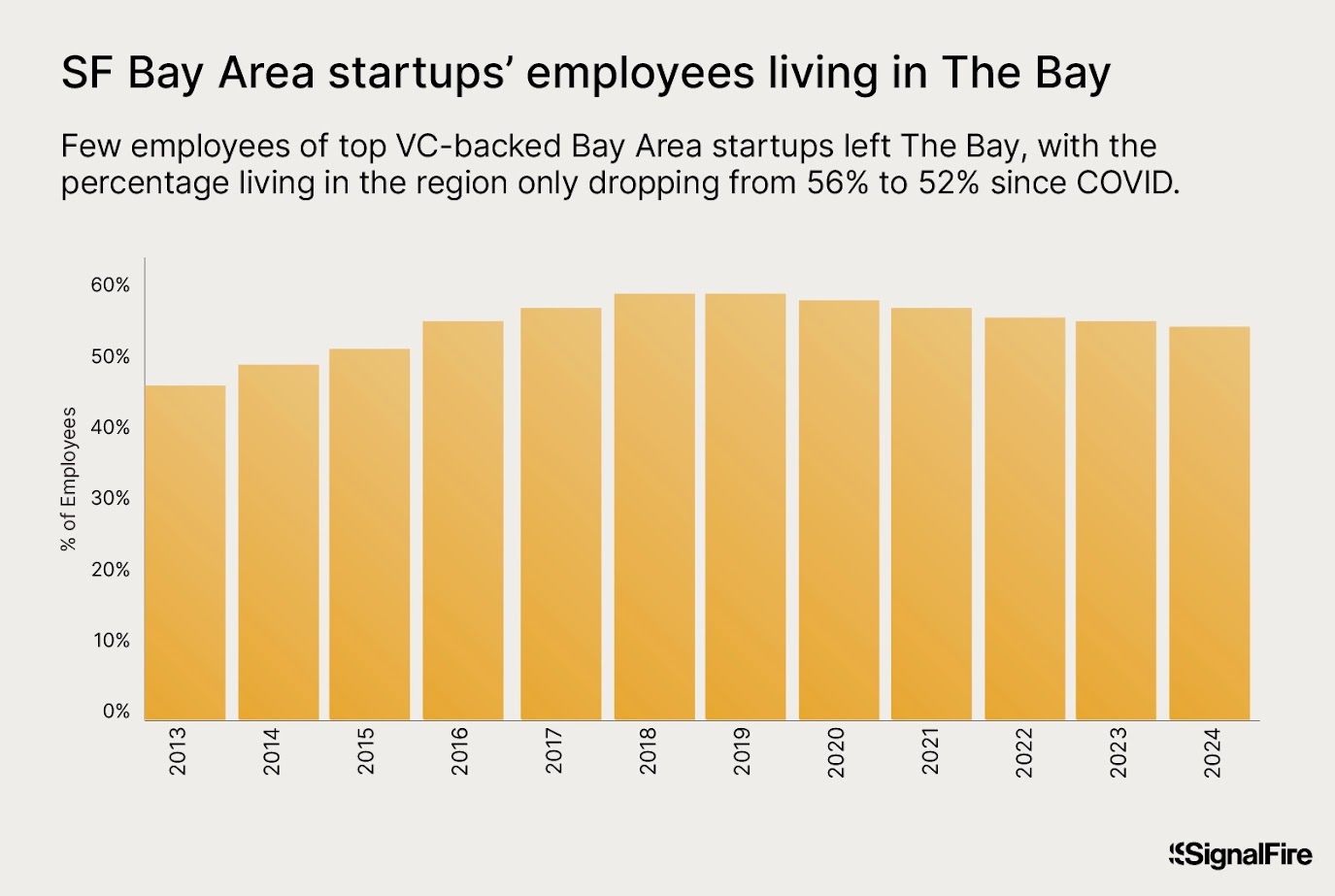In the bustling world of business, a new ‘mafia’ has emerged without much noise but with a significant impact. Over the past few years, former OpenAI employees have founded more than 30 startups, collectively attracting billions in investments. It’s a fascinating scenario, almost like a plot from a tech thriller.
The Emergence of a New Powerhouse
Just like the well-known PayPal Mafia—which includes names like Peter Thiel and Elon Musk—the OpenAI Mafia is becoming a formidable force in the tech world. With about 2500 employees currently at OpenAI, a good number of them are branching out to start their ventures. And these aren’t just any startups; they are pioneering the AI landscape, which is no small feat.
A Competitive Landscape
Predictably, most of these startups are in the AI domain, often directly competing with each other and even with OpenAI itself. Companies like Anthropic and Perplexity are not just creating similar products but are also vying for the same slice of the market. This competitive spirit is the lifeblood of innovation but also a potential threat to OpenAI’s dominance.
Big Names Making Big Moves
The drama doesn’t stop with competition. Elon Musk, co-founder of OpenAI, now runs his own AI startup, xAI, and occasionally finds himself in legal tussles with former colleagues. This subplot of legal dramas and personal vendettas adds a layer of intrigue to the ongoing narrative of the OpenAI Mafia.
The Future Landscape
With the constant outflow of talent and ideas from OpenAI, it’s plausible to assume that we’ll see many more such ventures in the near future. Venture capitalists, recognizing the potential, are lining up to fund these AI-driven enterprises, signaling a healthy and robust investment environment.
Why This Matters
Why should we care about this silent rise of the OpenAI Mafia? Because it represents a microcosm of the broader tech industry’s evolution. It shows how ideas can proliferate within a company and then externalize to disrupt the market in numerous ways. It’s a testament to the fact that in the tech world, sometimes the most significant shifts happen quietly and without initial fanfare.
As we continue to track the progress of these startups, one thing is clear: the OpenAI Mafia is here to stay and is reshaping the future of technology. How they will continue to innovate and challenge the current paradigms of AI development remains to be seen, but one thing is certain—their journey will be one to watch.
Read the article: “SF Bay Area AI Fundraising Revival: The Power of Resilience and Innovation”
